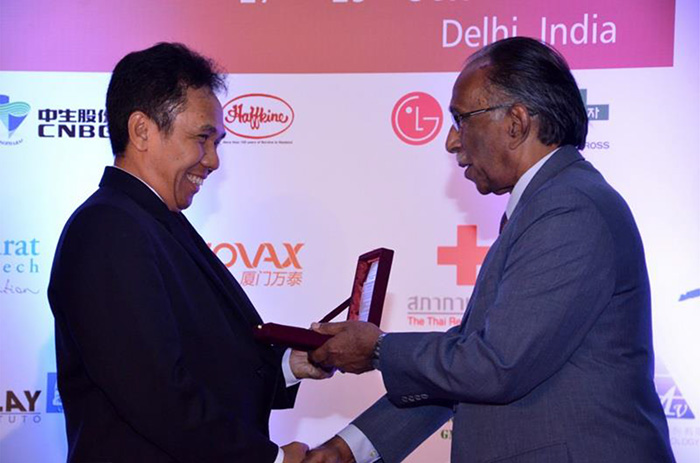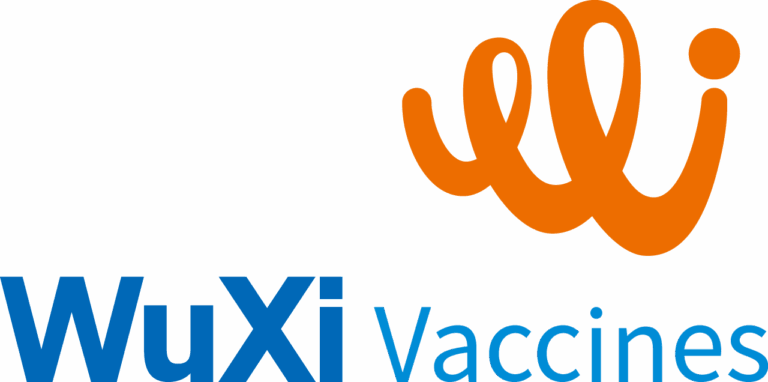
October 2014 — The Developing Countries Vaccine Manufacturers Network (DCVMN) International has announced at its annual gathering in Delhi, India, its intention to support access to affordable high-quality vaccines by enabling a larger number of vaccine manufacturers to achieve a more sustainable and secure supply of priority vaccines for international procurement, particularly for GAVI-eligible countries, with the common goal of protecting people against known and emerging infectious diseases globally.
DCVMN, through its members, has been working together with global health stakeholders since early this year, in identifying needs and challenges of the vaccine industry in developing countries. Four areas of action have been agreed to strengthen and foster sustainable vaccine supply: (1) review of manufacturing facilities design, (2) provide adequate training on evolving GMP requirements, quality management systems, and the WHO standards and prequalification, (3) encourage dialogue on regulatory challenges, (4) facilitate access to independent experts able to resolve vaccine industry specific issues.The three years’ project costs of over 3.6 million dollars will be sourced to 60 percent by international global health organizations and the remaining jointly by DCVMN members and partners. The priority vaccines to be targeted encompass Pentavalent/Hexavalent, Pneumococcal Conjugate, Rotavirus, Typhoid Conjugate, Human Papillomavirus, Measles/Rubella and Inactivated Polio vaccines.
“Two out of three children in the world receive lifesaving vaccines from emerging manufacturers, and as the world’s population is growing at the fastest rate in developing countries, it is important to ensure improved manufacturing in every facility we can reach” said Mr. Mahendra Suhardono, President of DCVMN.
All members involved in funding these initiatives share the vision of developing countries free of suffering and disabilities from major infectious diseases, and will work together to foster the development and supply of safe, effective and affordable vaccines for the future generations of world’s developing nations.









